Rising above Hate: Indonesia tackles Disinformation against Rohingya refugees
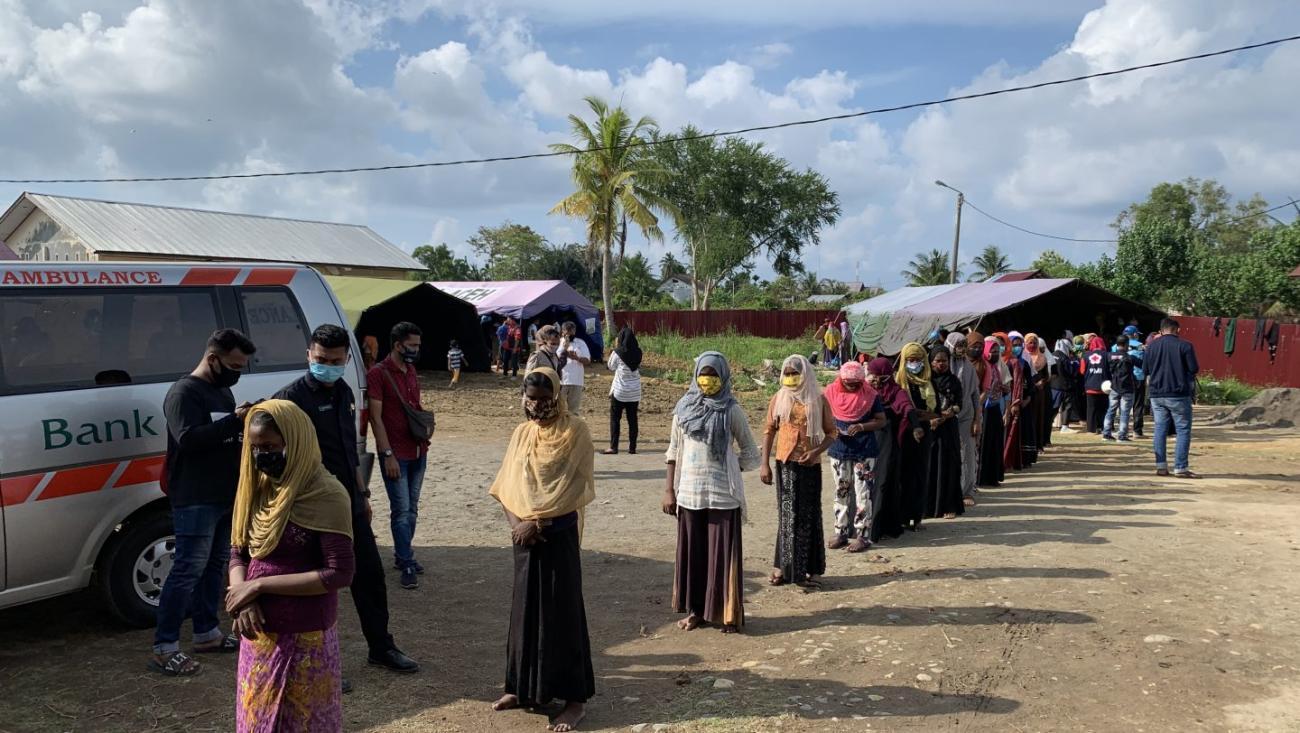
Around the world, dangerous rhetoric aimed at religious groups, minorities, migrants, refugees, political opponents and any groups seen as “the other” has been systematically taking root. As the UN Secretary-General put it, hate speech spreads “like wildfire” across the internet, with social media increasingly being exploited for bigotry.
Indonesia has not been shielded from this global phenomenon and the UN team is joining up with a range of partners to map and address this.
Fake UN Refugees Agency (UNHCR) social media accounts spreading disinformation; a flood of hate messages against both Rohingya refugees and the UN; a local uprising against refugees arriving in Indonesia’s westernmost province of Aceh. This was the reality that we at the UN in Indonesia were confronted with, in the middle of November last year, when rickety boats filled with Rohingya refugees fleeing insecurity and overcrowding at refugee camps in Bangladesh started arriving on Indonesia’s shores.
The Rohingyas remain among the most vulnerable ethnic groups in the world: stripped of their citizenship in Myanmar and forced to move and seek asylum in several countries in the region where they run the risk of further rejection.
It was the first time UNHCR has ever come under such an attack anywhere in the world. It was also the first time that I, in my role as the UN Resident Coordinator, have seen the UN in Indonesia combatting such levels of disinformation and hate speech.
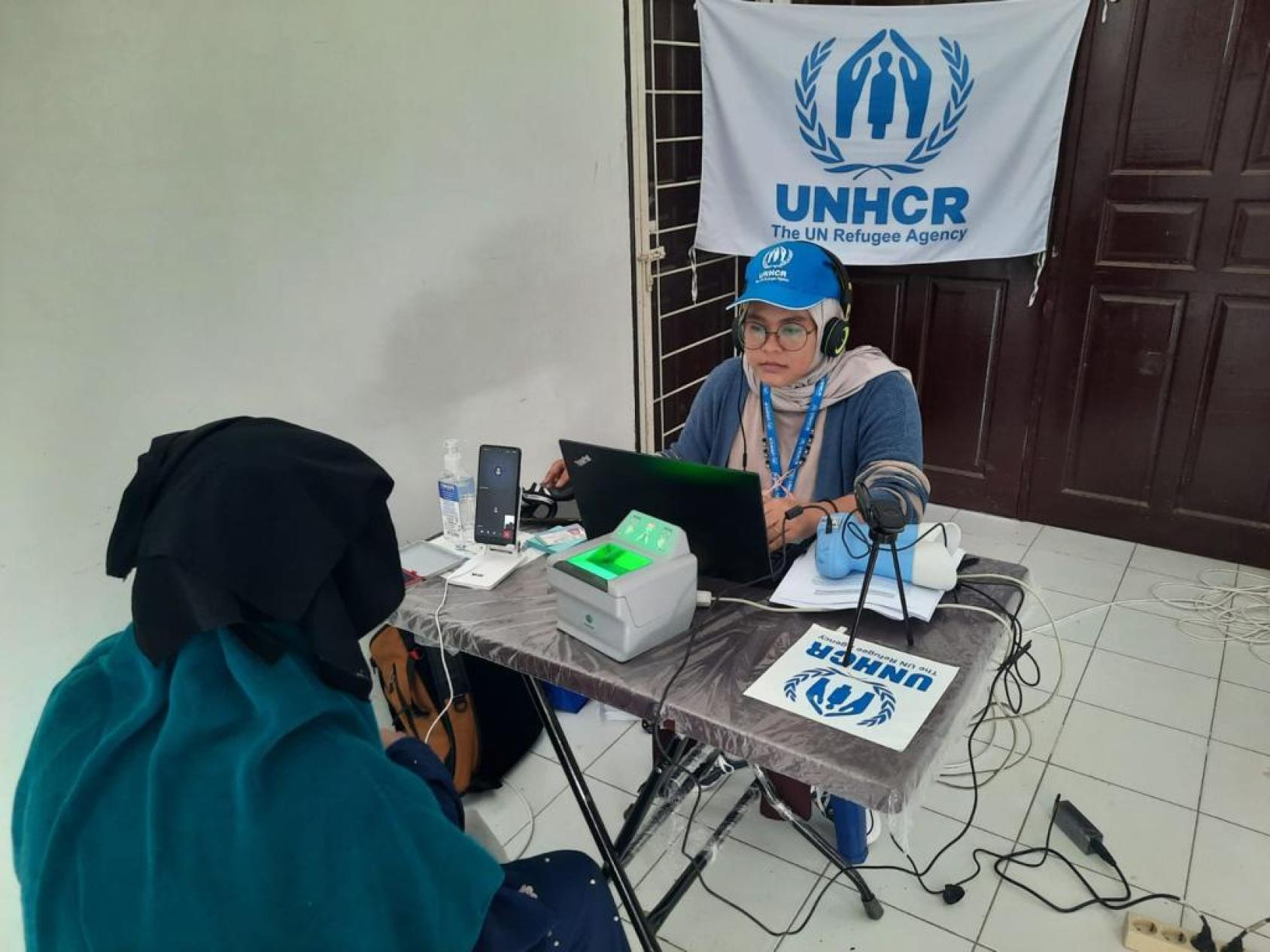
My Resident Coordinator Office and several UN agencies led the efforts to combat disinformation and hate speech and engaged with social media companies, the Ministry of Communication and Information, the media, academia and civil society organizations. We made the most of our in-house expertise at UNHCR, the International Organization for Migration (IOM) and the UN Information Centre (UNIC) in a joint strategy to tackle disinformation and hate speech and limit its impact on the way the refugees, a vast majority of whom were women and children, are perceived by local communities and the country more broadly.
Shift in the perception of refugees
For UNHCR, the few hundred refugees arriving each week, represented a trickle. However, a flurry of vitriol and disinformation distorted this figure to convey the refugees’ presence in a country of over 270 million was as “a flood”.
In previous years, when Rohingya refugees arrived during what is known as the ‘sailing season’ of favourable winds to undertake this risky journey, they were welcomed by the locals. Not this time. Much of the change in sentiment has been fueled by disinformation and hate speech online, broadcast on TikTok, Instagram and X as part of an organized campaign.
Mobs were being organized. Boats were being pushed back as they were trying to land. Refugees, including a mother and a child, died.
Sounding the alarm
Through textual analysis and research, we could demonstrate that the social media posts were part of an organized campaign rather than a spontaneous grassroots uproar against the refugees. We reported these findings to the social media companies and to the Ministry of Communication and Information, which issued its own releases labelling many of the posts as “hoax”. Some of the most offensive posts were subsequently taken down and the fake accounts deleted.
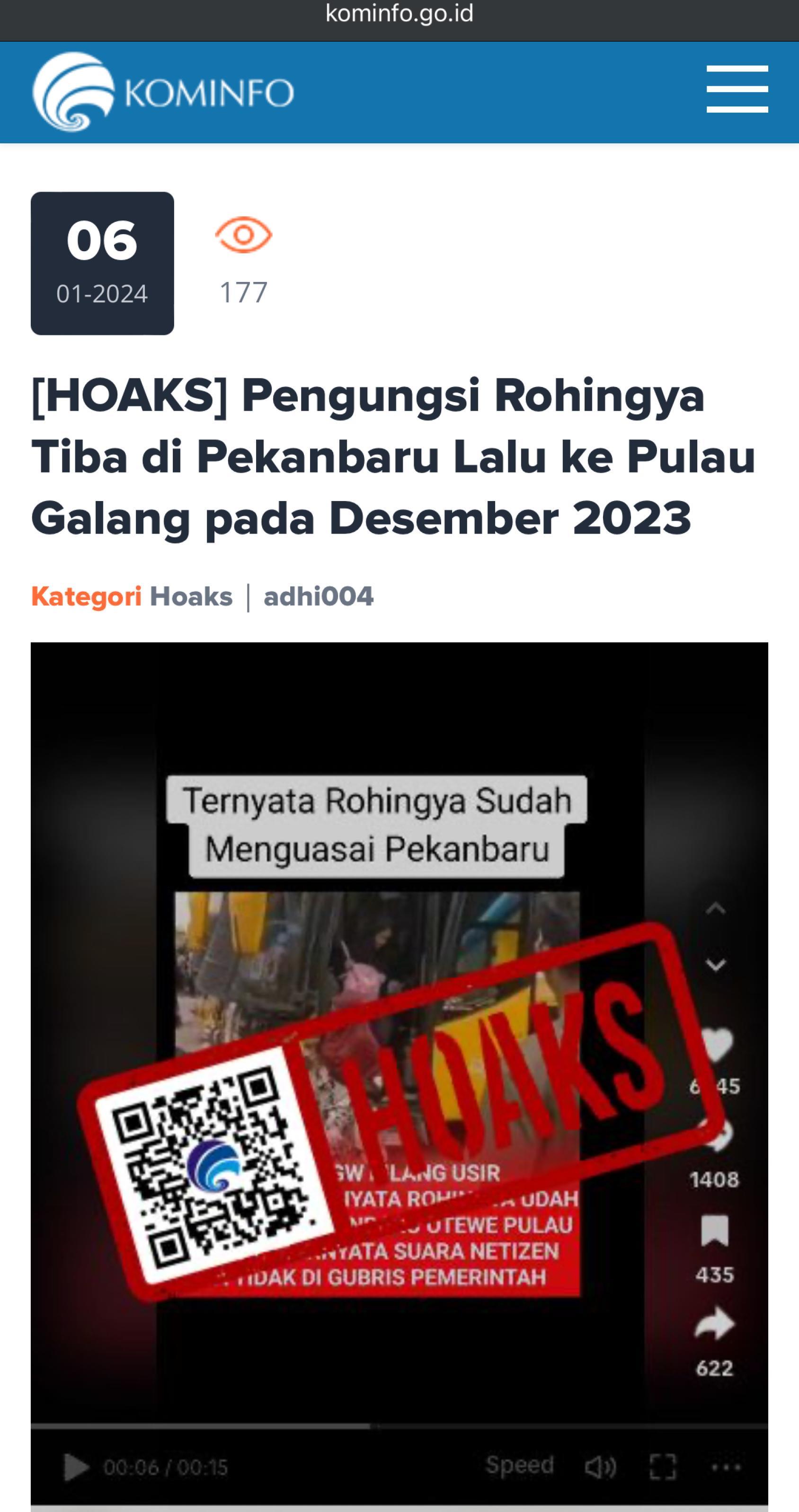
We alerted the traditional media to our findings about online hate speech, and they did their own investigations, getting to the same conclusions. An article in Indonesia’s most influential weekly outed the account that was the source of the hate messages. Slowly but surely, we succeeded in debunking the disinformation campaign and showed it for what it was: a vicious, organized attack against helpless refugees and the UN.
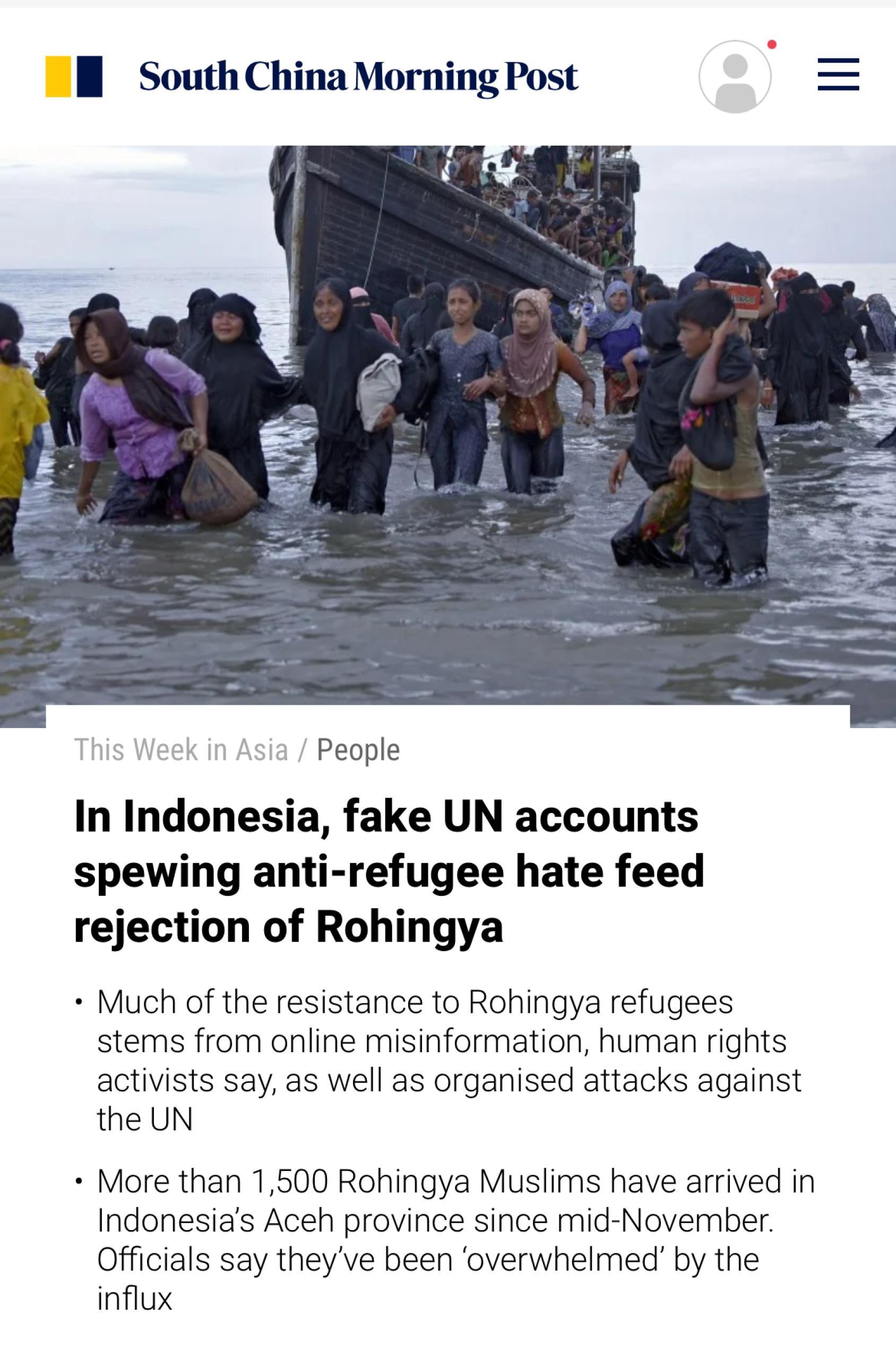
Debunking the Lies
We provided information to the media and communicated directly via the UN’s social media channels, sharing facts about the refugees and their plight, and also running videos profiling them. We showed that the refugees are not monsters but ordinary women and men, husbands and wives, mothers and fathers, girls and boys. We profiled a refugee that memorized the Qur’an by heart, a meaningful feat for the people of the world’s largest Muslim-majority country. Another one who was an accomplished cartoonist. We gave voice to a mother of four who explained that all she wanted was a better life for her children than the one she had had so far.
We also supported academics and NGOs who organized events to speak out in solidarity with the refugees. We provided background information about the refugees and their lives in Bangladesh and facts about the harmonious coexistence of locals and refugees who arrived in prior years.
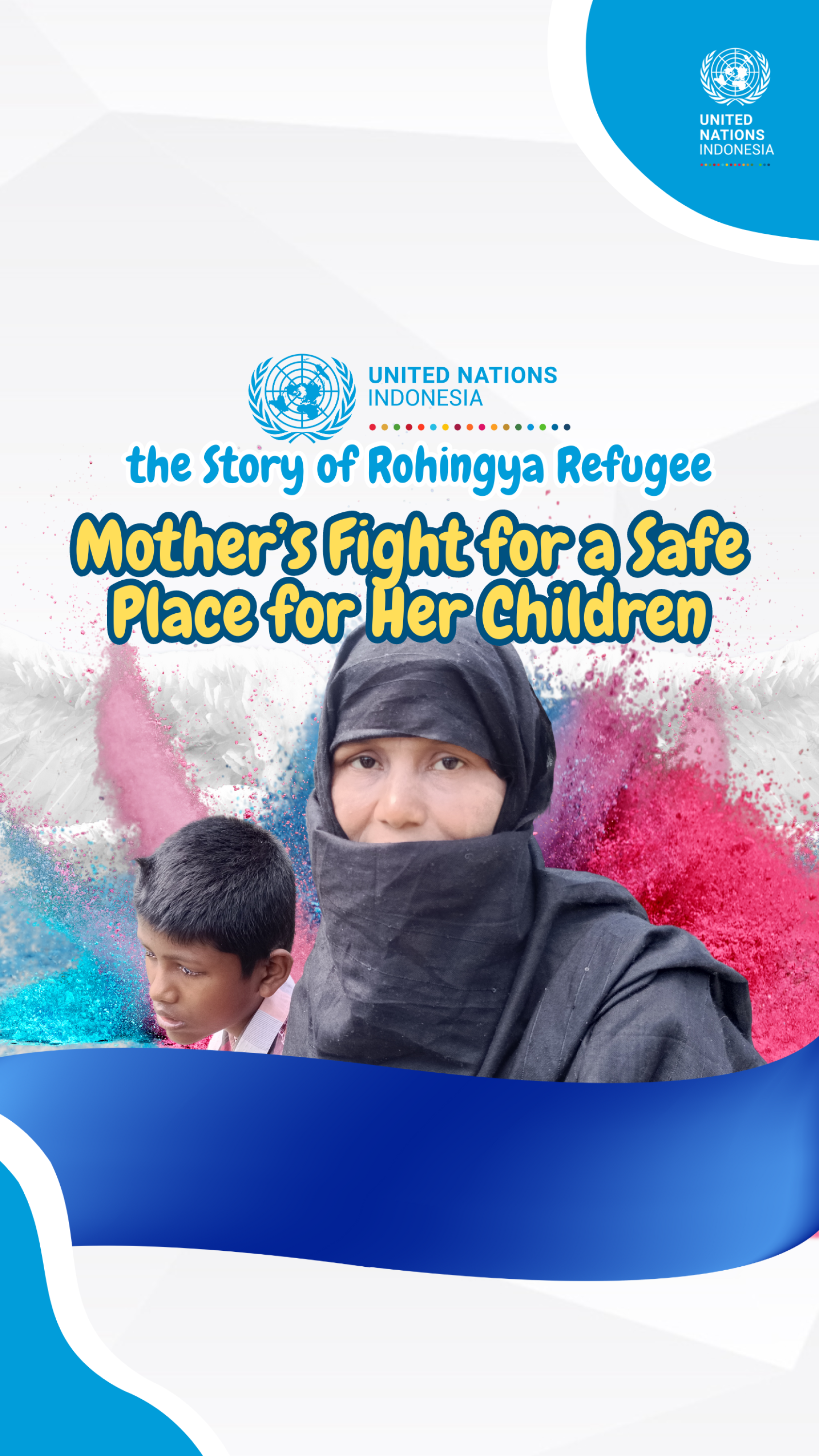
While the challenges are still immense, slowly, the tide has been turning. More and more sympathetic voices, local leaders, religious figures, human rights organizations have spoken out. I met with an influential organization of Acehnese diaspora living in Jakarta and elsewhere in the country, who subsequently wrote a letter to the President asking for the protection of the refugees.
When a mob of students stormed a refugee shelter in late December and dumped crying children onto trucks to drive them away, more Indonesians spoke up against such an outrageous act and in support of the refugees. A media investigation revealed that this was not a spontaneous protest and that the students had been paid to storm the shelter.
The news of the violence in Indonesia has also reached the camps in Bangladesh, dashing the hopes of many Rohingya refugees for a better life. No boats have arrived during the last month.
While the UN and partners made a difference in debunking the organized hate campaign, we have not managed to stop it. Even if we could prove that the hatred was organized and not spontaneous, it was hatred nonetheless – and its impact will be long lasting.
The UN team in Indonesia will continue its efforts to provide support to the Rohingya refugees. As the journey against disinformation continues, our collective hope is for a more compassionate and informed narrative to prevail, in the spirit of a more inclusive global community.
This blog was written by the UN Resident Coordinator in Indonesia Valerie Julliand. For more information about the UN's work in Indonesia, visit indonesia.un.org.













